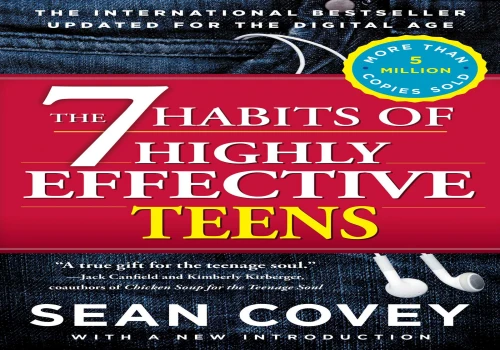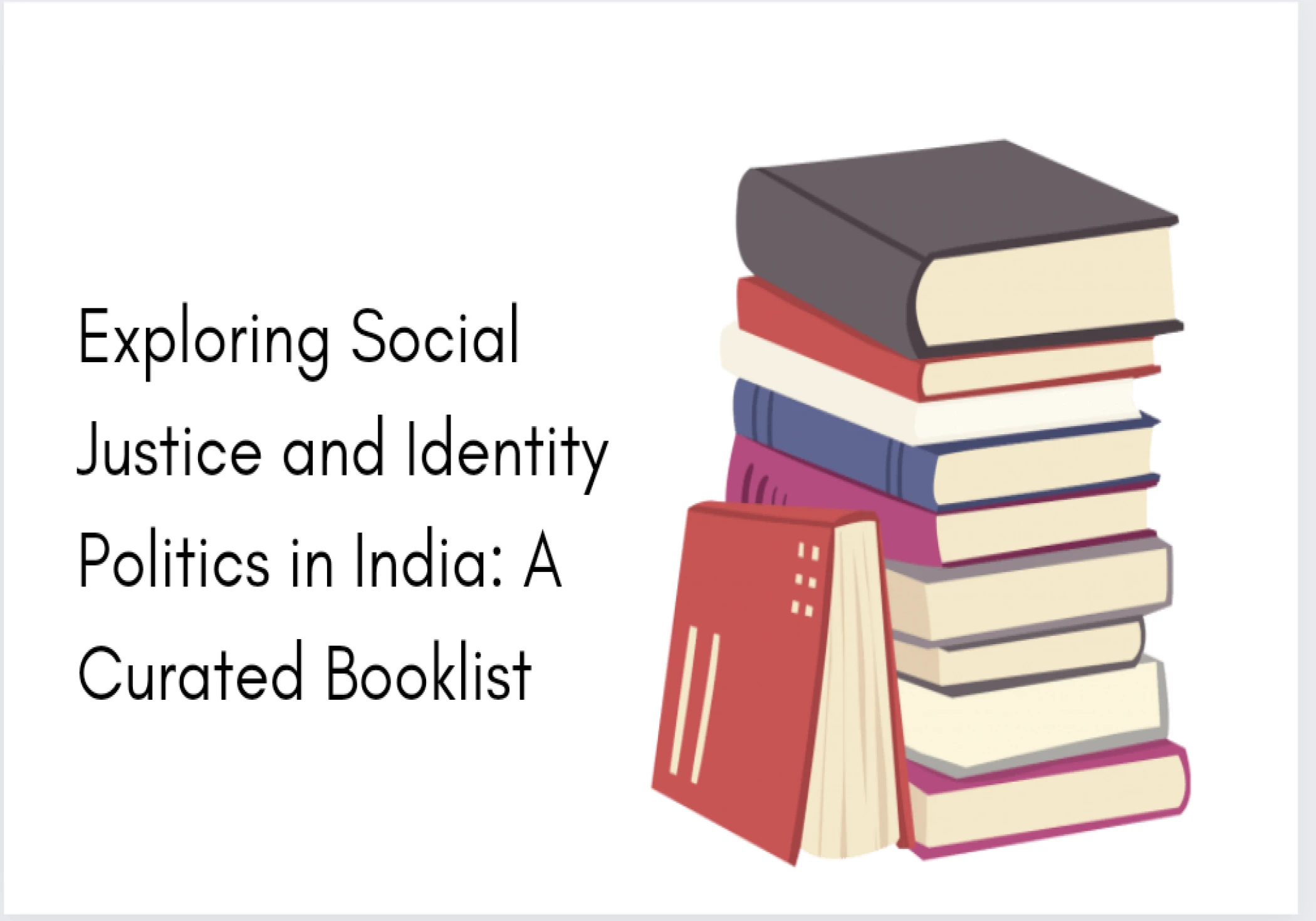
India, a land of rich diversity, also grapples with complex issues of social justice and identity politics. To understand these issues and engage in constructive dialogue, here's a curated list of books exploring them from various perspectives:
1. Examining the Landscape:
"India's Social Fabric" by Amartya Sen: Nobel laureate Sen delves into the social and economic inequalities that persist in India, offering a framework for achieving social justice.
"Understanding Social Justice" by various authors: This edited volume provides a broad overview of social justice issues in India, covering topics like caste, gender, and religion.
2. Caste and Untouchability:
"Annihilation of Caste" by B.R. Ambedkar: A powerful critique of the caste system by a key figure in India's struggle for social equality.
"Last Among Equals: Power, Caste and Politics in Bihar's Villages" by Nita Kumar: An ethnographic study exploring the enduring realities of caste in rural India.
3. Gender and Identity:
"I Didn't Ask to Be Born" by Mahasweta Devi: Translated works by this iconic author give voice to marginalized women and Adivasi (indigenous) communities.
"Why I Don't Eat Junk Food" by Arundhati Roy: A collection of essays by the renowned writer, tackling issues of gender, development, and social exclusion.
4. Critically Engaging Identity Politics:
"Social Justice in the Age of Identity Politics" by Nancy Fraser: A thought-provoking exploration of the role of identity politics in achieving social justice goals.
"Beyond Identity Politics: Emerging Social Justice Movements in Communities of Color" edited by Eduardo Bonilla-Silva: Examines how identity politics can be used for collective action and social change.
5. Looking Ahead:
"Oneness Vs. The 1%: Shattering Illusions, Seeding Freedom" by Arundhati Roy and others: A collection of essays proposing alternative visions for a more just and equitable India.
Remember: This is just a starting point. Consider exploring academic journals, online publications, and documentaries for a deeper understanding of these issues. Engaging with diverse perspectives is crucial to forming your own informed opinion.

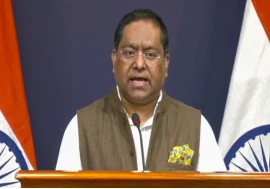

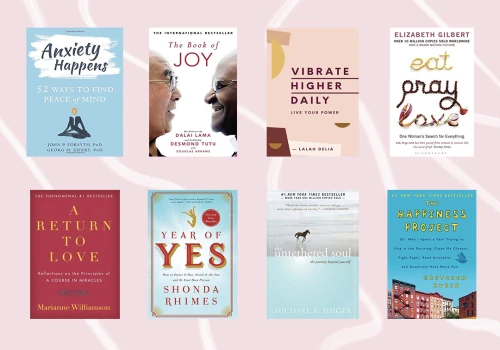
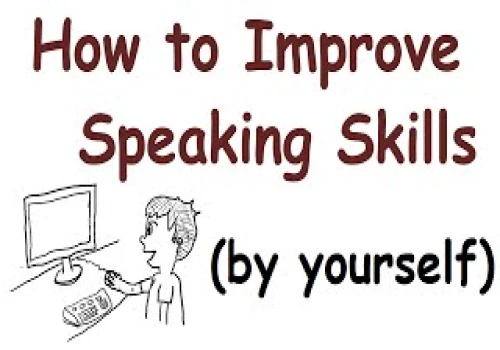
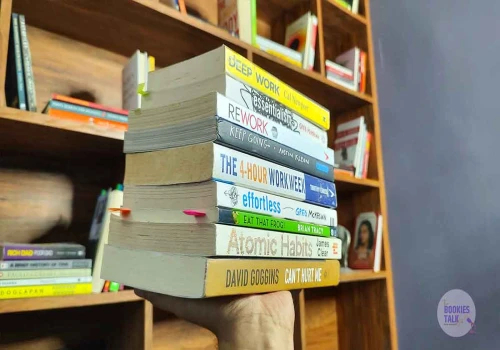
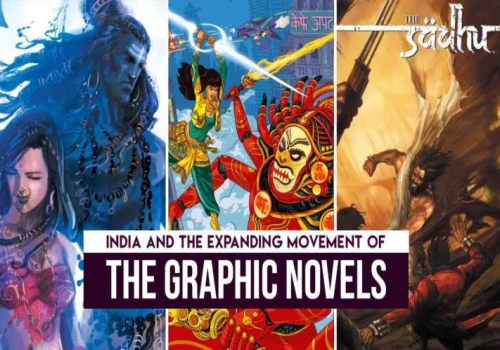
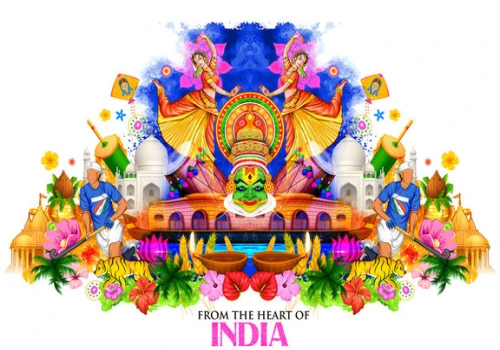
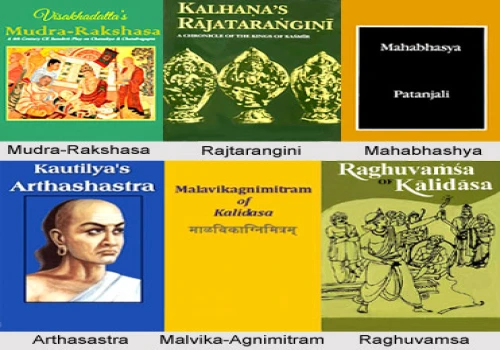

_500_x_350.webp)

